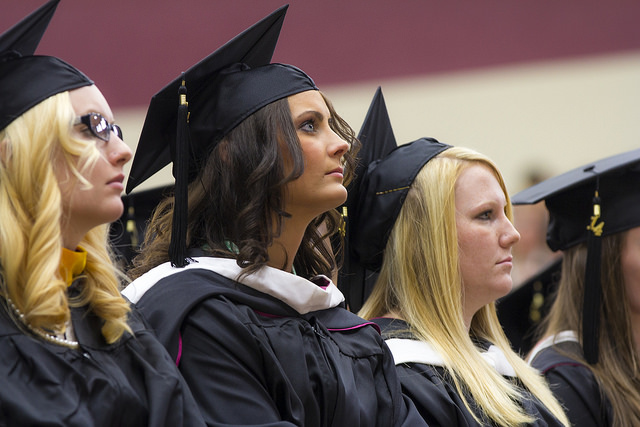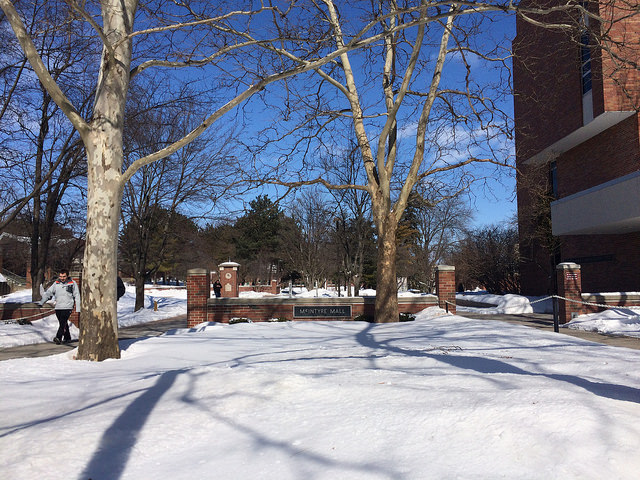
Everything but Teaching
Readers, you should close this page right now and not heed another word I say about teaching.
The past couple of weeks – despite the fact that one of those weeks was our winter break – I’ve been so utterly preoccupied with a motley collection of issues that I honestly haven’t thought about teaching religious studies at all.
The heaviest on my mind has been Title IX. Our friendly, rural college struggles with the same  issues that countless other American campuses are also dealing with. A couple of recent assaults against women on our campus have brought me into multiple conversations with students, colleagues (local and national), and administrators about federal guidelines and our college’s handling of these cases. These conversations have been productive, but it has been a whirlwind education that has left me emotionally and intellectually exhausted.
issues that countless other American campuses are also dealing with. A couple of recent assaults against women on our campus have brought me into multiple conversations with students, colleagues (local and national), and administrators about federal guidelines and our college’s handling of these cases. These conversations have been productive, but it has been a whirlwind education that has left me emotionally and intellectually exhausted.
Another issue on my mind is a speaker who is soon coming to our campus, Dr. Ben Carson. When we invited him a couple of years ago, he was known primarily as an impressive, Michigan-born pediatric neurosurgeon and author. Now he is also a Republican candidate for President, infamous for making (and quickly apologizing for) ill-conceived statements about things like marriage equality, earth science, and prison sex. Again, I’ve had countless meetings and conversations with faculty, students, and administrators about how the college should respond to his statements as well as to protests by alumni and community members.
 Then the bomb was dropped about the closing of Sweet Briar College, an institution very similar to where I work. Presumably Sweet Briar had a history of touting its excellent teaching and high student-faculty ratio, but that apparently wasn’t enough to save it in the current economic climate. I wonder how those faculty members feel who spent their entire careers focused on teaching, possibly only to make themselves less marketable now in academe.
Then the bomb was dropped about the closing of Sweet Briar College, an institution very similar to where I work. Presumably Sweet Briar had a history of touting its excellent teaching and high student-faculty ratio, but that apparently wasn’t enough to save it in the current economic climate. I wonder how those faculty members feel who spent their entire careers focused on teaching, possibly only to make themselves less marketable now in academe.
Amid all these anxiety-producing things, I have managed to show up for my four courses (well, three and a half – it’s a long story), and I have even been somewhat prepared for them. What I haven’t done, though, is reflect on my pedagogy with any vigor. This often leaves me with the feeling of merely going through the motions, even when my students are pulling their weight in class and appear to be learning something despite me.
And yet, though these extraneous pressures often take away from my teaching, they are also in some very real way part of it. Those of us in small institutions do not have the luxury of ignoring students’ actual lives, even if we wanted to. Awareness that at least some of our students have encountered trauma in their extra-curricular lives shapes the way we understand and address them. Awareness that ignorance often sells to the voting public motivates us to enhance our students’ critical-thinking skills. Awareness that our institutions could go belly-up any day inspires us to make the most of the 50 minutes we have right now to nudge the universe in the direction of compassionate justice.
Have you had times when you didn’t have time or energy to think about teaching? Do you have strategies for making the time, finding the energy, and/or incorporating outside issues into your teaching?